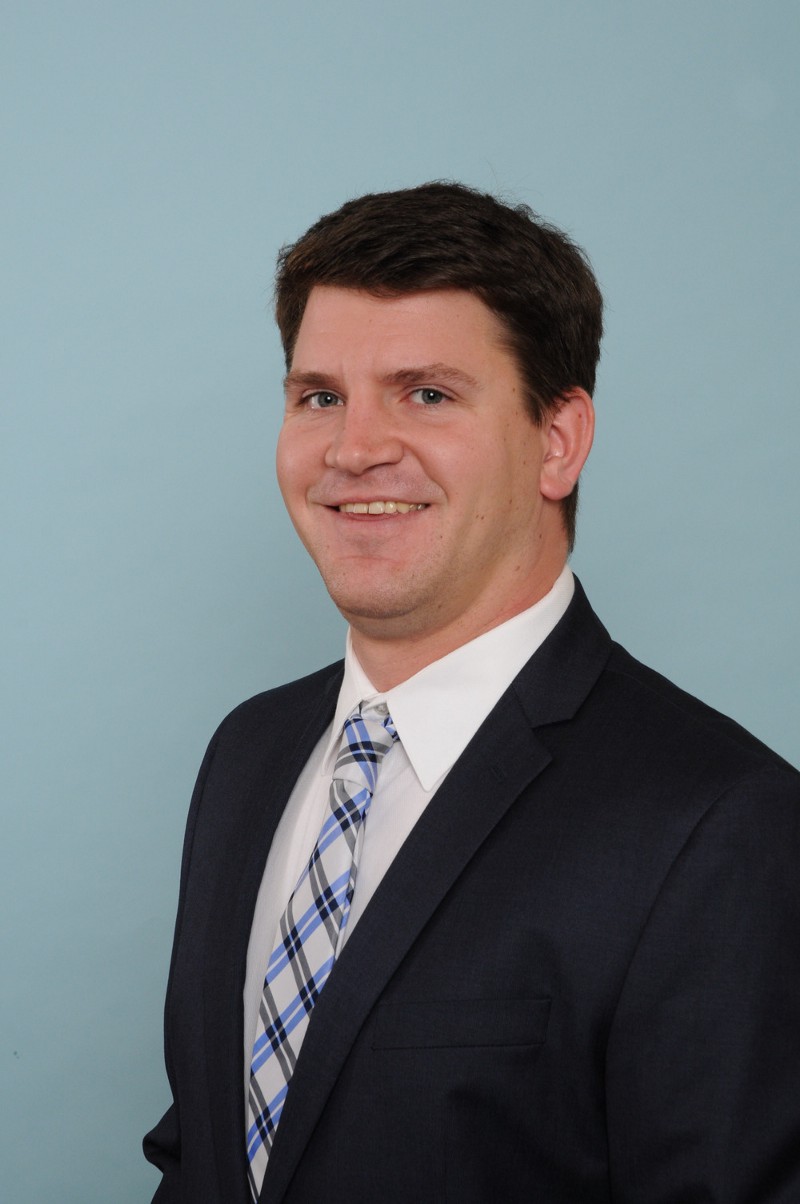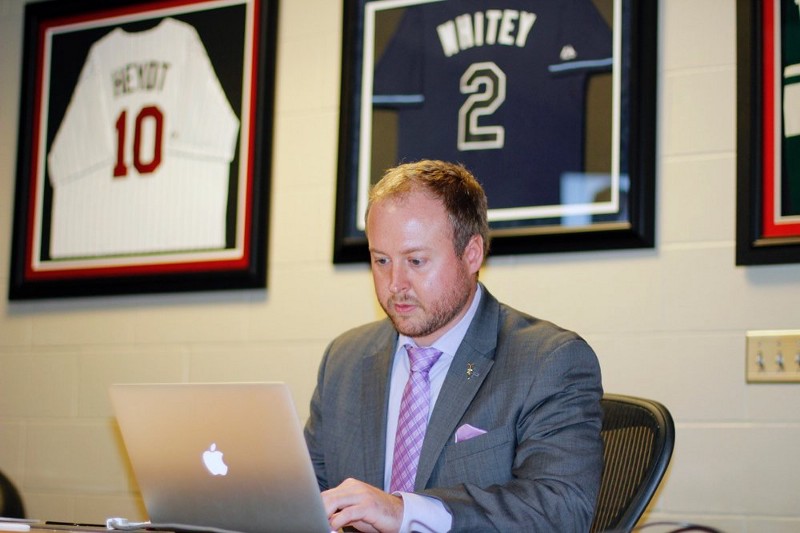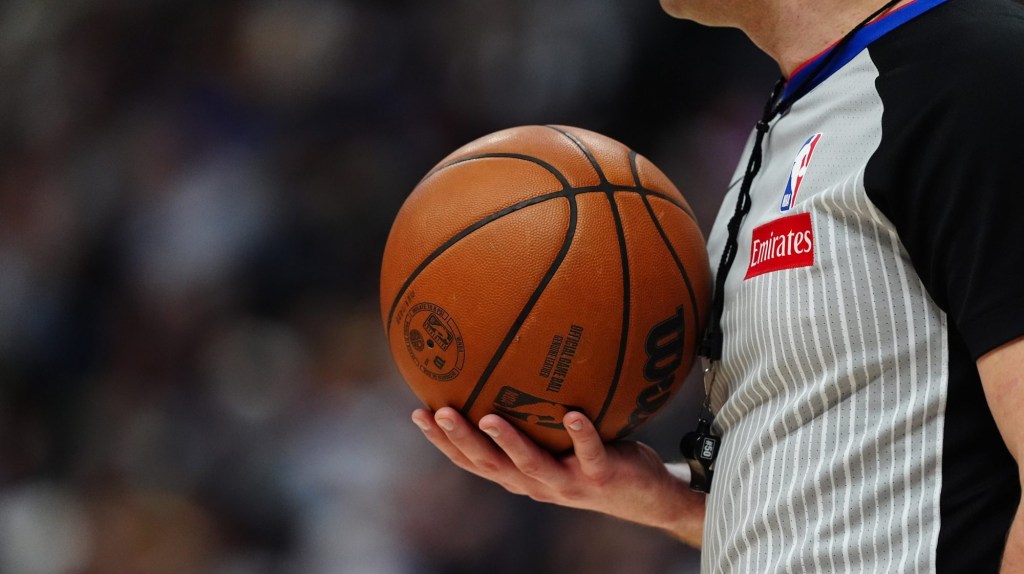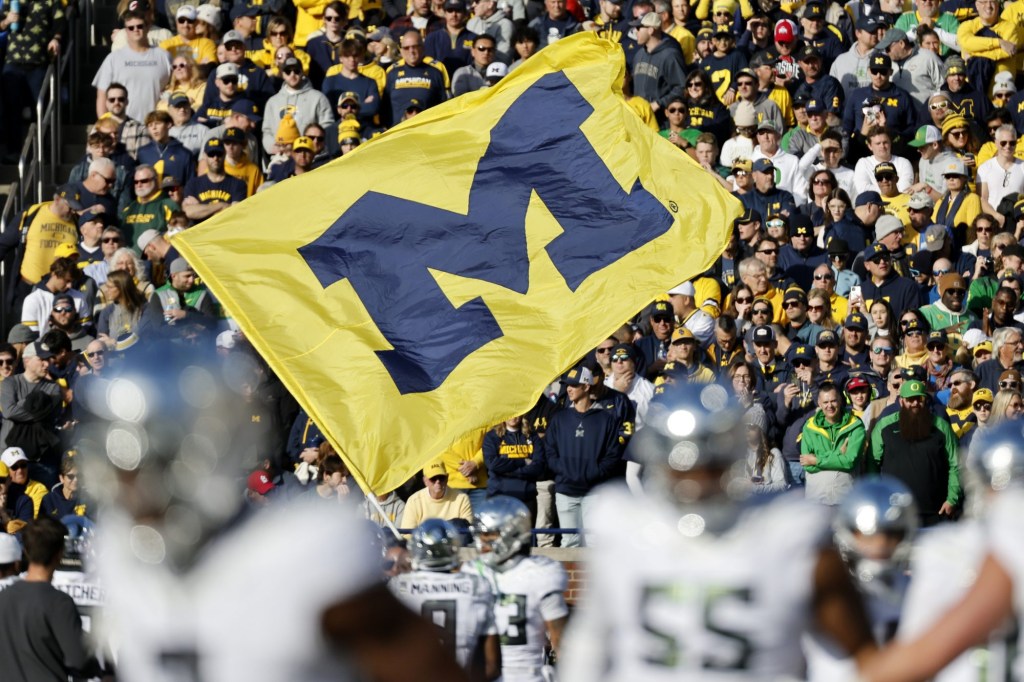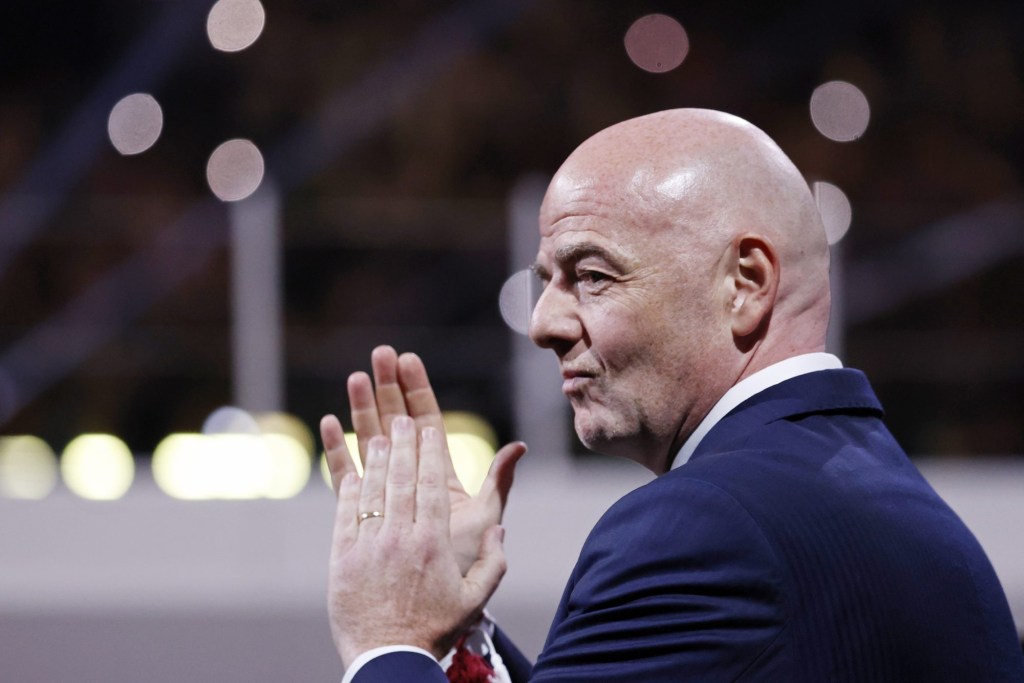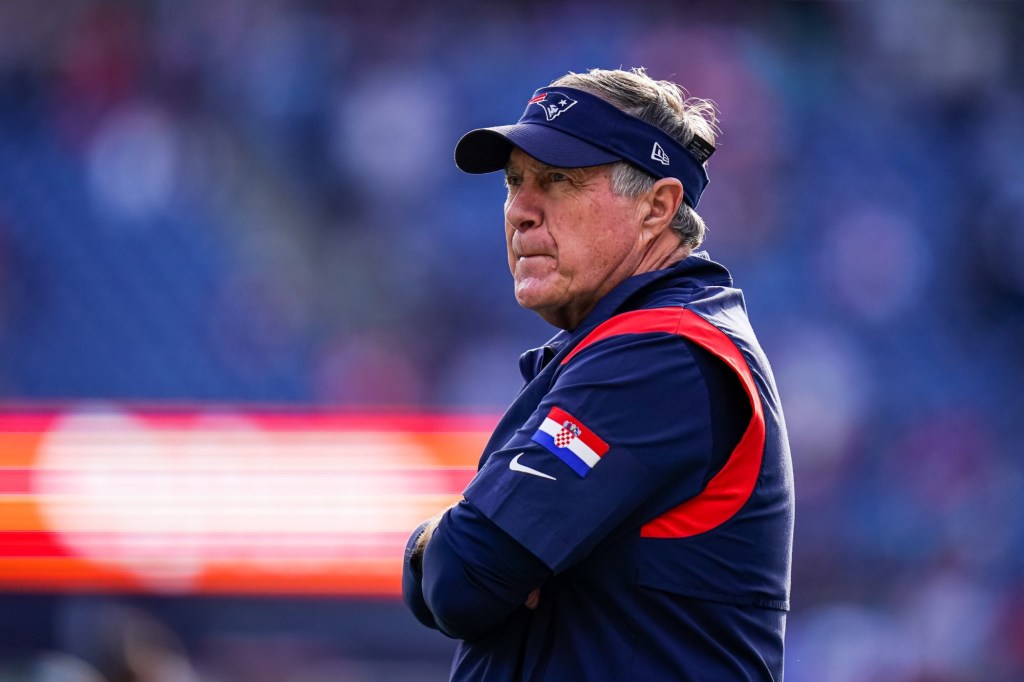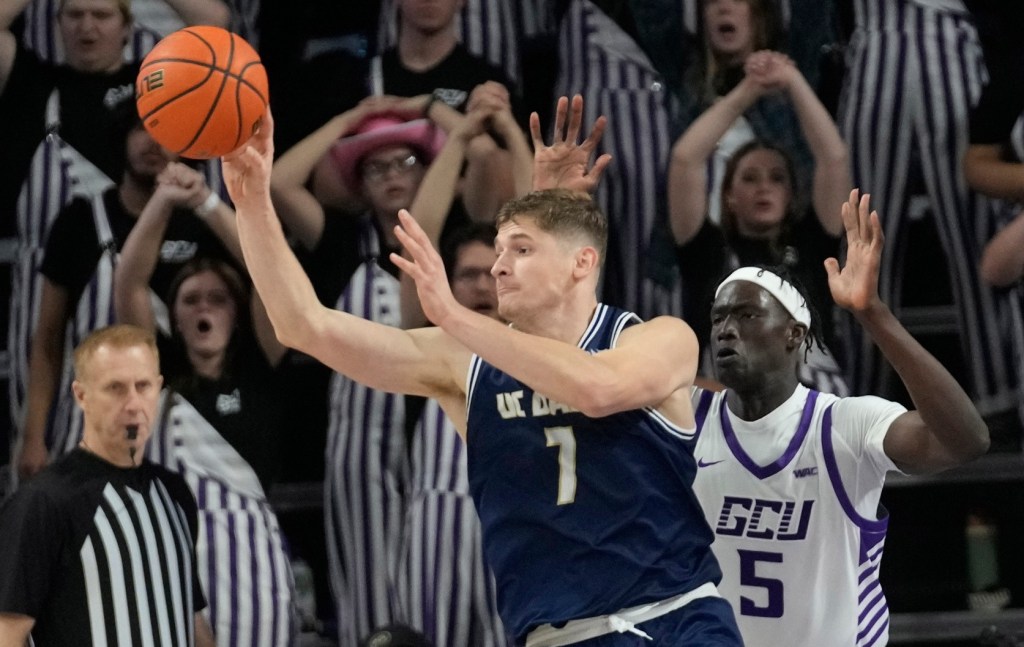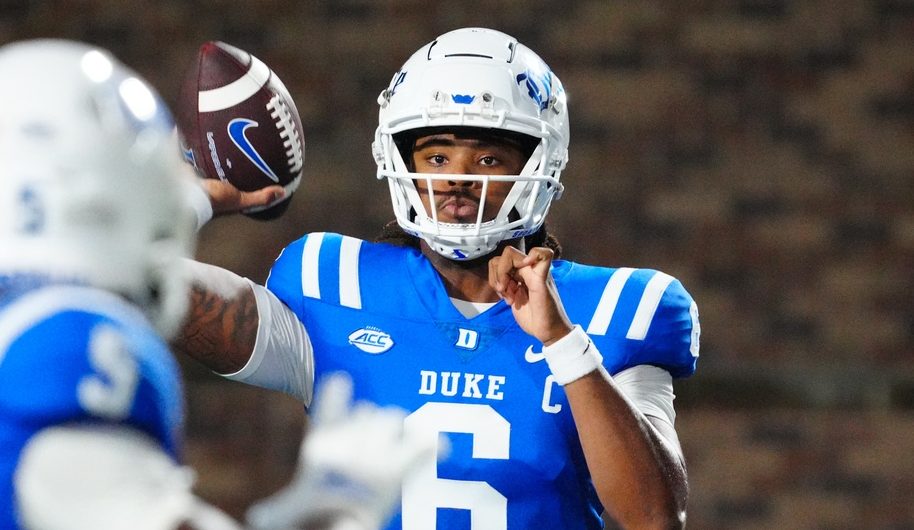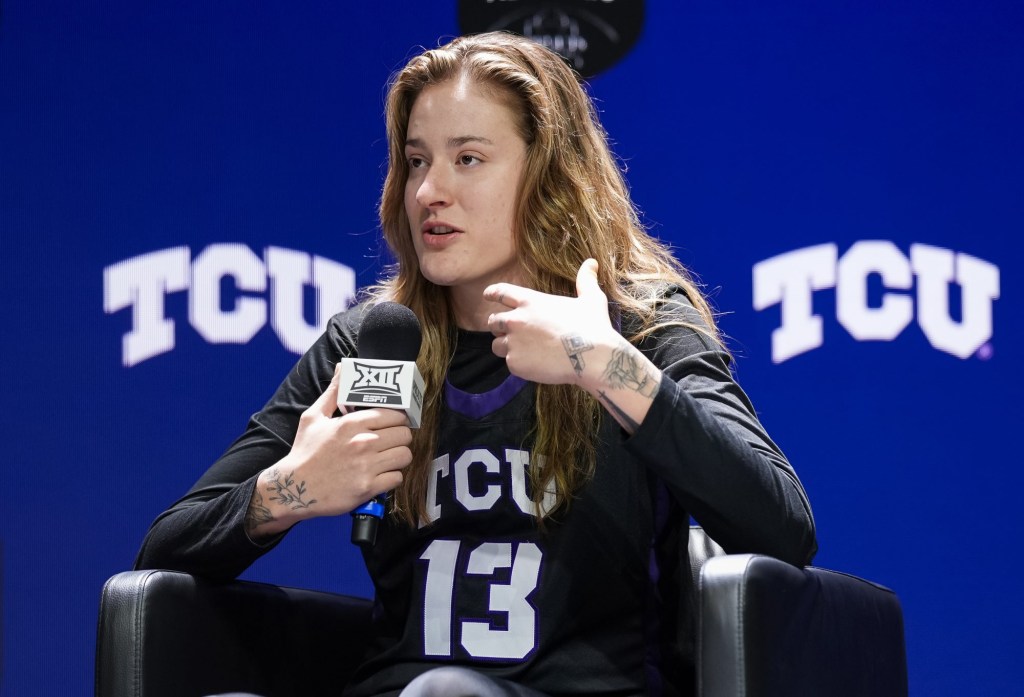By: Austin Weaver, @AustinTWeaver

For Jonathan Rodak, the road to the role of Director of Lacrosse Operations at Notre Dame was the product of living out a personal mantra.
“My dad always told me to keep pounding the rock. I may not break the rock on the first swing, but if you strike the rock enough times, eventually it will break. What you do every day has an effect. If you control the aspects of your day that are in your control, the rest will take care of itself.”
Like many former student-athletes, Rodak wanted to find a way to make his passion a career.
“After I graduated from Cazenovia College, I enrolled in a Master’s program at Manhattanville College and got hooked up with Trilogy Lacrosse. With Trilogy, I was doing a lot of office type work, answering phones, helping prepare for summer camps and working with the database management software. Trilogy runs camps and club teams all over the country, so I worked as the home base contact.”
Being in the right place at the right time allowed Rodak to move up within Trilogy sooner than expected.
“Right before the summer season started, the business operations guy left for a coaching job and I was promoted into that position.”
Similar to his predecessor, Rodak transitioned into a coaching position.
“I actually left Trilogy after that summer to pursue coaching, which, at the time, was something I thought I wanted to do. Trilogy actually helped me find a job coaching. I took a position with Wagner College in Staten Island, where I did a lot of work with video. I did that for a year while I continued working on my Master’s degree.”
Normally, coaching and graduate school would be more than enough to keep someone busy.
“During my year at Wagner, Trilogy called and asked me to come back part-time. I would coach in the mornings, then head over to Trilogy and help them out, this time on the sales side. I made a lot of cold calls, and learned about the business side of the industry. It was great because I was able to see the coaching side and the business side at the same time.”
After returning to Trilogy in a full-time role where he was tasked with overseeing the efforts of multiple club teams, Rodak jumped at the opportunity to join the staff at Notre Dame.
“Here at Notre Dame, I have a wide range of responsibilities, including the overall day-to-day management. I put together our travel plans and itineraries, work with opposing teams on practice times and work with our equipment staff and directly with Under Armour. I do a lot with our marketing efforts, ticket sales and our summer camps.”
With such a wide range of responsibilities, I asked Rodak what skills he thought people interested in Lacrosse Operation jobs should possess.
“In Division 1 Lacrosse, no operations job is the same. Some schools’ operations guys are more involved with breaking down film and other schools they focus on things like summer camps. I would say it is best to take a broad approach. Learn how to use the software that teams are using. Find ways to get involved with summer camps and learn how they operate and what makes some camps more successful than others. It is very important to both be yourself and also a people person. My job requires me to interact with so many different departments and people. I could be interacting with students, parents, teachers, athletics administrators, so being able to talk with others is very important. Relationships are key for me to be successful in this position.”
One of the tasks that Rodak oversees at Notre Dame is the student-managers program. He offered the following on what traits he wants to see in prospective managers.
“The biggest thing that I look for is fit. Our staff has created a culture, so I want to bring people in that fit in well. I am up front with the students I bring in for interviews and I tell them, the work itself isn’t all that challenging, but you have to be able to work on the fly. For example, if it starts raining and we have to move practice inside, I need to trust that the students I hire can handle making that transition quickly and effectively. One thing that I do is make all of the students I am considering hiring come in and work a practice. I want to see how they interact with the other managers, the coaching staff and the players. To me that is the best way to find out if they will fit in with our culture.”
While Rodak is still in the early stages of his career, I asked him what he has learned about the industry that he wished he would have known sooner.
“No one ever really gave me a good idea on how to go about building a network. Just the other day, I had a student reach out to me who goes to a school I played against when I was still in college. It was something that gave us another way of connecting. Finding people that share a commonality and a way to connect on a personal level makes building a network much easier.”
Not only is being strategic when reaching out to people in the industry a good practice, Rodak stressed the importance of working hard once you are given a chance to build relationships.
“Coming from a small school, I didn’t have a lot of connections. I looked at Trilogy as an opportunity to work with people that went to schools and played for programs that were well connected in the Lacrosse world. I went in and worked hard so that those guys would be able to say good things about me to their friends in the industry.”
“When nothing seems to help, I go back and look at a stonecutter hammering away at his rock perhaps a hundred times without as much as a crack showing in it. Yet at the hundred and first blow it will split in two, and I know it was not the blow that did it — but all that had gone before.”
— Jacob Riis
